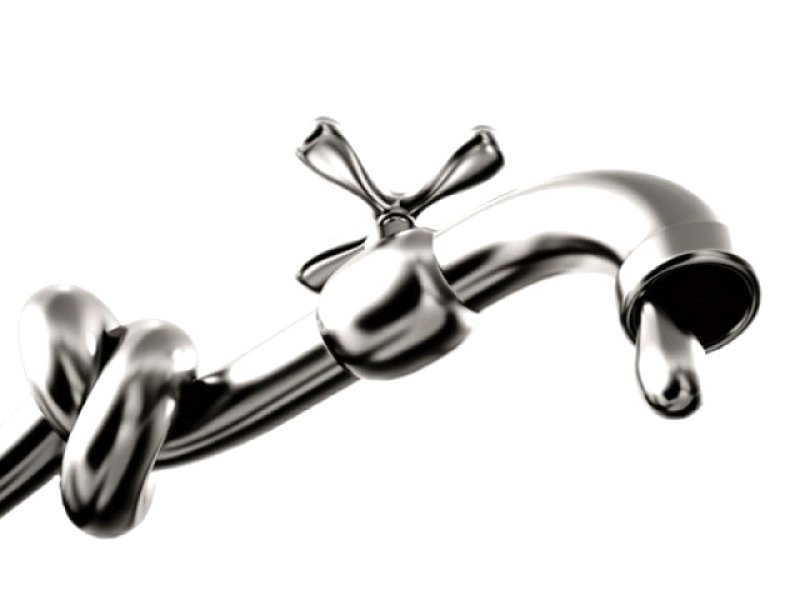
Quaid-i-Azam University (QAU) has set up a wetland to reuse wastewater from nearby residential areas for irrigation.
According to a press release, the “Small Scale Sewage Treatment and Wastewater Reuse System for Pakistan” project, funded by the Higher Education Commission and USAID, was inaugurated at the campus on Thursday.
Under the project, a large-scale wetland was constructed to treat wastewater from residential units. Treated water will be used to irrigate plants on the site. The results indicated that treated wastewater fulfills all the parameters for irrigation. This facility will be used for research purpose and the model can be replicated at different sites.

Dr Safia Ahmed and her group at QAU have spent the last three years conducting investigations on the three different waste water treatment systems, techniques and setups. These studies focused on a reliable and cost-effective set-up. In this regard three systems — dual digestion process, trickling filters, and constructed wetlands — were designed, tested and found successful.
QAU Vice Chancellor Dr Eatzaz Ahmad appreciating the effort hoped that this research would result in a technology that will contribute to improving public health. He said that according to a World Bank report, Pakistan is among 17 countries that may face severe water shortages by 2025 while per capita water availability has dropped dramatically over the past 60 years. “In this situation reuse of wastewater following proper treatment would be an option for reducing the water shortage.”
Dr Safia Ahmed in her presentation said the project addresses two basic problems—improper sewage disposal and water scarcity—with the overall objective to develop an efficient method for the treatment of sewage, wastewater and bio-solids.

She remarked that initial lab-scale studies have proved that constructed wetlands, dual digestion system and trickling filter system technologies can be used to treat domestic wastewater resulting in the improvement of various microbiological and physico-chemical parameters to such an extent that treated water can be used for irrigational purposes.
This project was carried out under Pakistan-US Science and Technology Cooperation Programme in collaborations with George Washington University, with an aim to promote the collaborative efforts of researchers from both institutions to improve the quality and capacity of research and education at the QAU in the water and sanitation area.
Published in The Express Tribune, June 13th, 2014.

















COMMENTS
Comments are moderated and generally will be posted if they are on-topic and not abusive.
For more information, please see our Comments FAQ